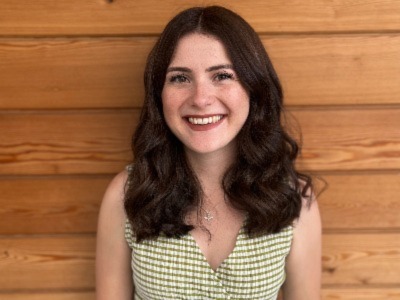Meet the Sir Howard Dalton Young Microbiologist of the Year Finalists: Ailish McCafferty
Posted on September 8, 2022 by Microbiology Society
The Sir Howard Dalton Young Microbiologist of the Year Prize is awarded by the Society each year. The prize recognises and rewards excellence in science communication by a Microbiology Society member who is a postgraduate student or postdoctoral researcher, having gained their PhD in the last two years. Finalists shortlisted from oral and poster presentations at Annual Conference 2022 will present their research at the Society Showcase on the 5th of October. In the run up to the event, we will be meeting the finalists and getting to know a bit about each of them and their work.
Ailish McCafferty: Second year PhD student, University of Leeds, UK

What is the title of your talk?
A Burning Problem: The Impact of UV Exposure on Host Susceptibility to Mosquito-Borne Virus Infection
What are your current research interests?
Host-pathogen interactions during infection with viruses spread by mosquitoes, known as arboviruses. I am interested in how immunity to infection can be altered by a wide range of factors. These include those present in the surrounding environment, such as UV exposure from the sun, or within the host, like the inflammatory environment at the transmission site (the skin) in patients with chronic inflammatory disease. My PhD project looks to examine the impact of each of these factors on altering susceptibility to mosquito-borne virus infection.
How would you explain your research to a GCSE student?
Mosquitos spread a number of harmful viruses to humans, including Dengue and Zika. These are mainly transmitted in tropical climates where people are exposed to high levels of damaging UV radiation from the sun. These rays wreak havoc on the biology of our skin. We have found that sunburnt skin is more vulnerable to viruses spread by mosquitos. It seems that burning doses of UV recruit cells of the immune system to the site of infection. However, rather than helping the infected individual by fighting the virus, these immune cells instead become infected with the virus, helping it spread.
If you weren’t a microbiologist what would you be?
An independent bookseller. I spend a large part of my spare time reading anything and everything (as if I don’t do enough of that in my day job…). So, I think spending my days discussing books with people and recommending my favourite reads - with the odd cup of coffee thrown in the mix - would be a delightful way to make a living.

